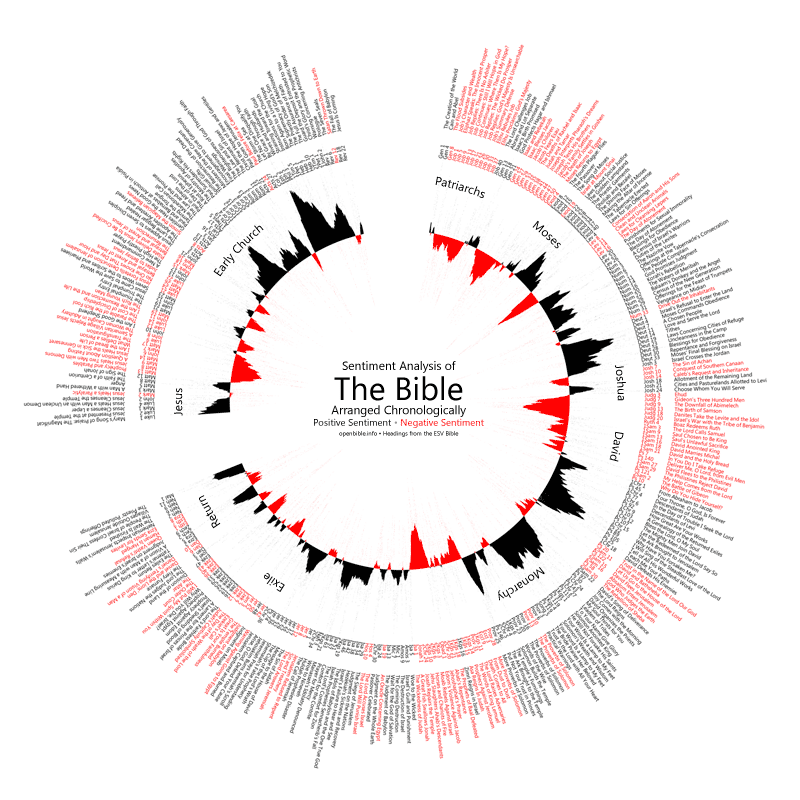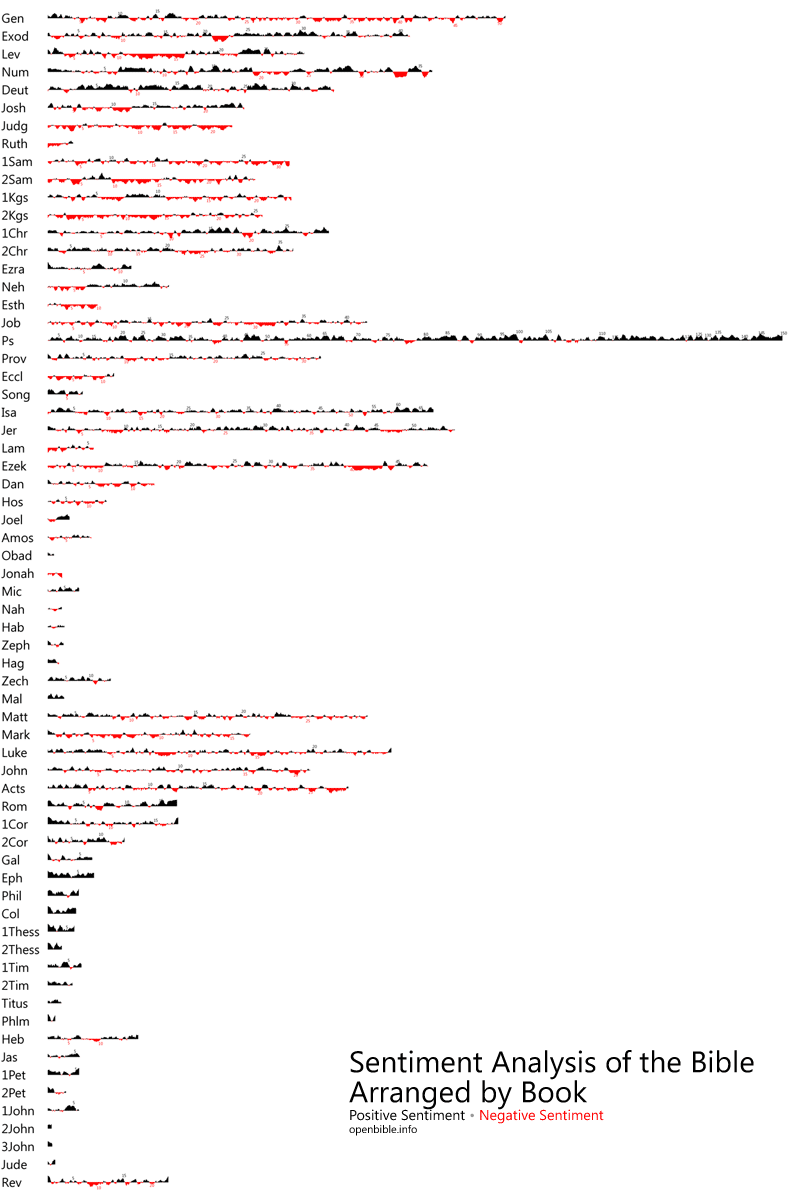A recent comment on a recent post asked me the following questions:
1. I am of the mind to think that when God gave us this planet to look after, it was sort of a house-sitting arrangement. He isn’t going to be too happy to come back and find we’ve trashed the joint, is He.
2. Global pollution and/or global warming are going to have the strongest effect not on the ‘Western’ world but the poorest nations and peoples. I think we have not only an ethical but a moral duty to ensure that this planet can support everyone on it.
I will take great delight in answering those questions in a forthright and thoughtful manner – and as a post for all to see, rather than as a comment.
I must start by nailing my colours to the mast – I’m a climate change agnostic. I think the climate is changing, I think people probably play some part in the change, I think the climate has always changed, and I don’t care. I really don’t. There are other much more important issues that I’m concerned about. Like locating peurile things on the internet to post here.
I’m sick of climate evangelists banging on my door (metaphorically) and cornering me at every turn (also metaphorically) demanding I repent of my environmental evil and embrace their new creeds. The worst kind of green evangelist is the prosperity preacher – the ones spruiking environmentalism as an opportunity to grow your business through “triple bottom line sustainability” – seriously that’s such a corporate sell out. Lets pretend to be worried about the environment and our workers while at the same time exploiting our customers for the benefit of our shareholders.
Honestly though – I think there are much more pressing, serious issues for us to be tackling. Like keeping people employed, and tackling poverty. How are people in the third world going to afford air conditioning if they don’t have jobs?
Let me deal first with the first question. I like answering problems chronologically. I have two theological propositions to offer when it comes to climate change – and answering statement/question 1 above. I’ll give you the hypothesis, the hopefully contextual “proof text”* and the application:
a) We should reasonably and theologically expect nature to have it in for us.
Biblical justification 1 – Romans 8:20-22
“For the creation was subjected to futility, not willingly, but because of him who subjected it, in hope that the creation itself will be set free from its bondage to corruption and obtain the freedom of the glory of the children of God. For we know that the whole creation has been groaning together in the pains of childbirth until now.”
We should expect creation and vis a vis nature to be frustrated, to be broken, to be falling apart. This is pretty much why I’m not overly concerned that the ice caps are melting.
Biblical Justification 2 Genesis 3 – starting from halfway through verse 17:
“Cursed is the ground because of you; in pain you shall eat of it all the days of your life; thorns and thistles it shall bring forth for you; and you shall eat the plants of the field. By the sweat of your face you shall eat bread, till you return to the ground, for out of it you were taken; for you are dust, and to dust you shall return.”
The “curse on mankind” establish our typically dour relationship with the environment.
Not only are our lives insignificant in terms of the lifespan of creation – we can, and should, expect life to be hard work. We should be expecting the climate to change in a frustrating way. That’s what I reckon anyway. So I’m ambivalent about carbon trading, carbon offsets, carbon sequestration, and taxing businesses on the basis of their carbon emissions.
Trying to tackle climate change is like urinating into a pedestal fan – pretty pointless. That is a crude analogy. But sums up my thoughts on anyone who’d rather pursue “pie in the sky” carbon taxes that will cost people jobs. It seems the Federal Government is going to backpedal away from that policy faster than an off balance unicyclist, which in my mind can only be a good thing. It was a travesty that the last election was thought on climate change policy. My good friend Ben argued at the time that the parties may as well have been making our response to alien invasion the big policy issue.
Really, from Australia’s perspective, we’re a microbe in a sea of whales when it comes to pollution. Any stance we take will only be on principle – and it will be a phyrric victory that comes at the cost of Australian jobs and we’ll all end up drowning when sea levels rise anyway. Thanks to our propensity for coastal living. Now, onto proposition number two.
b) Part of our role in having dominion over creation is to bring order to disorder.
Biblical reference: Genesis 3:23
“Therefore the LORD God sent him out from the garden of Eden to work the ground from which he was taken.”
Biblical reference 2: Genesis 2:15
“The LORD God took the man and put him in the garden of Eden to work it and keep it.”
Biblical reference 3: Genesis 1:28
“And God blessed them. And God said to them, “Be fruitful and multiply and fill the earth and subdue it and have dominion over the fish of the sea and over the birds of the heavens and over every living thing that moves on the earth.”
Some people believe that work is a result of sin – that we’re suffering this curse due to the punishment dished out in Genesis 3 – but work has been around from the beginning.
We are called on to “subdue” the earth and to excercise dominion over the animal kingdom. I would argue theologically that the idea of subdugation here is referring to bringing order to disorder – to ploughing fields in order to grow crops, to production, to using natural resources in order to cater for the prescribed “multiplication” in numbers. I would argue that the proverbial “paving paradise to put up a parking lot” fits into the category of “bringing order”. Particularly if the development is designed with obsessive compulsive people in mind.
Really though, I think our role as “caretaker” is to make sure humanity survives and prospers – to me this means beating the environment not embracing it. It means digging stuff out of the ground and using it to build houses. It means erasing middle class guilt for carbon emissions and keeping people in jobs – especially jobs pulling stuff out of the ground and making things out of it. Especially making airconditioners. That is the most appropriate response to global warming – make airconditioners for third world countries.
Which leads me to question 2 – which was not a theological issue – but a moral one. I’ve decided to answer it tomorrow. This post is already over 1000 words long – I doubt you’ve read this far. Unless you’re Ben, a climate change evangelist or a climate change denier. I’ll talk about those last people too – and I’ll say something nice about the idea of “sustainability”. Oh, and I’ll do another post on why I don’t think fighting climate change is the primary concern of the Christian… this could end up being a fun series to write.
Stay classy readers.
*Because we know that: “A text without a context is a pretext for a proof text.”





